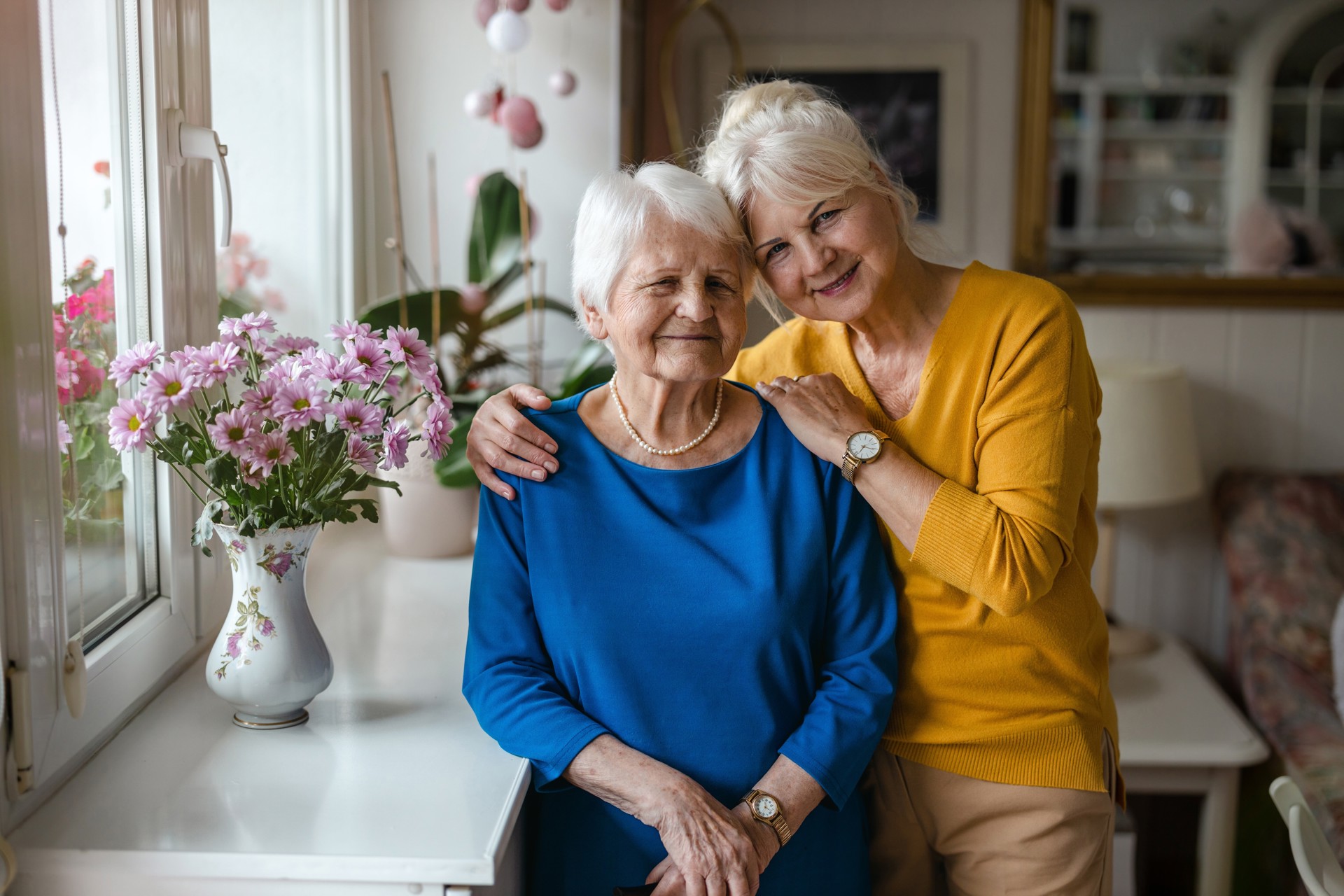
5 Signs that an elderly parent needs home care
Published: 25/07/2023

5 Signs that an elderly parent needs home care
As our parents age, it's important to monitor their well-being and ensure they receive the appropriate care and support. Recognizing the signs that indicate a need for home care is crucial for maintaining their health, safety, and overall quality of life. Here are five signs that may indicate an elderly parent requires home care:
-
Decline in Personal Hygiene and Appearance:
If you notice a significant decline in your parent's personal hygiene and appearance, it may be a sign that they are struggling to perform daily self-care tasks independently. This could include difficulties with bathing, grooming, dressing, or maintaining cleanliness. Home care can provide assistance with these activities, ensuring their hygiene needs are met with dignity and respect.
-
Frequent Forgetfulness or Memory Loss:
Memory-related issues, such as forgetting important dates, missing appointments, or repeating the same questions, can be indicative of cognitive decline or conditions like Alzheimer's disease or dementia. In such cases, home care can offer specialized support, including memory prompts, medication reminders, and engaging activities to help maintain cognitive function and promote mental stimulation.
-
Decline in Physical Health and Mobility:
If your parent is experiencing a decline in physical health or mobility, it may become increasingly challenging for them to perform everyday tasks independently. Difficulties with walking, balance, or strength can increase the risk of falls and accidents. Home care providers can assist with mobility support, physical exercises, and medication management to help maintain their physical well-being.
-
Unexplained Weight Loss or Poor Nutrition:
Weight loss and malnutrition can be signs of underlying health issues or difficulties in preparing and consuming balanced meals. If your parent's eating habits have changed or if they're struggling to cook for themselves, home care can ensure they receive nutritious meals and adequate hydration. Caregivers can also monitor their dietary needs and help with grocery shopping and meal preparation.
-
Social Isolation and Loneliness:
If your parent is experiencing social isolation or loneliness, it can have a significant impact on their mental and emotional well-being. They may withdraw from social activities, lose interest in hobbies, or show signs of depression. Home care providers not only assist with daily tasks but also offer companionship and emotional support. They can engage in conversations, accompany your parent on outings, and help them maintain connections with friends and community activities.
Remember, these signs may vary depending on individual circumstances, and it's essential to consider them in conjunction with your parent's overall well-being. If you notice any of these signs or have concerns about your parent's ability to live independently, get in touch with us at Right at Home and we can help you explore home care options to ensure their safety, comfort, and quality of life.
